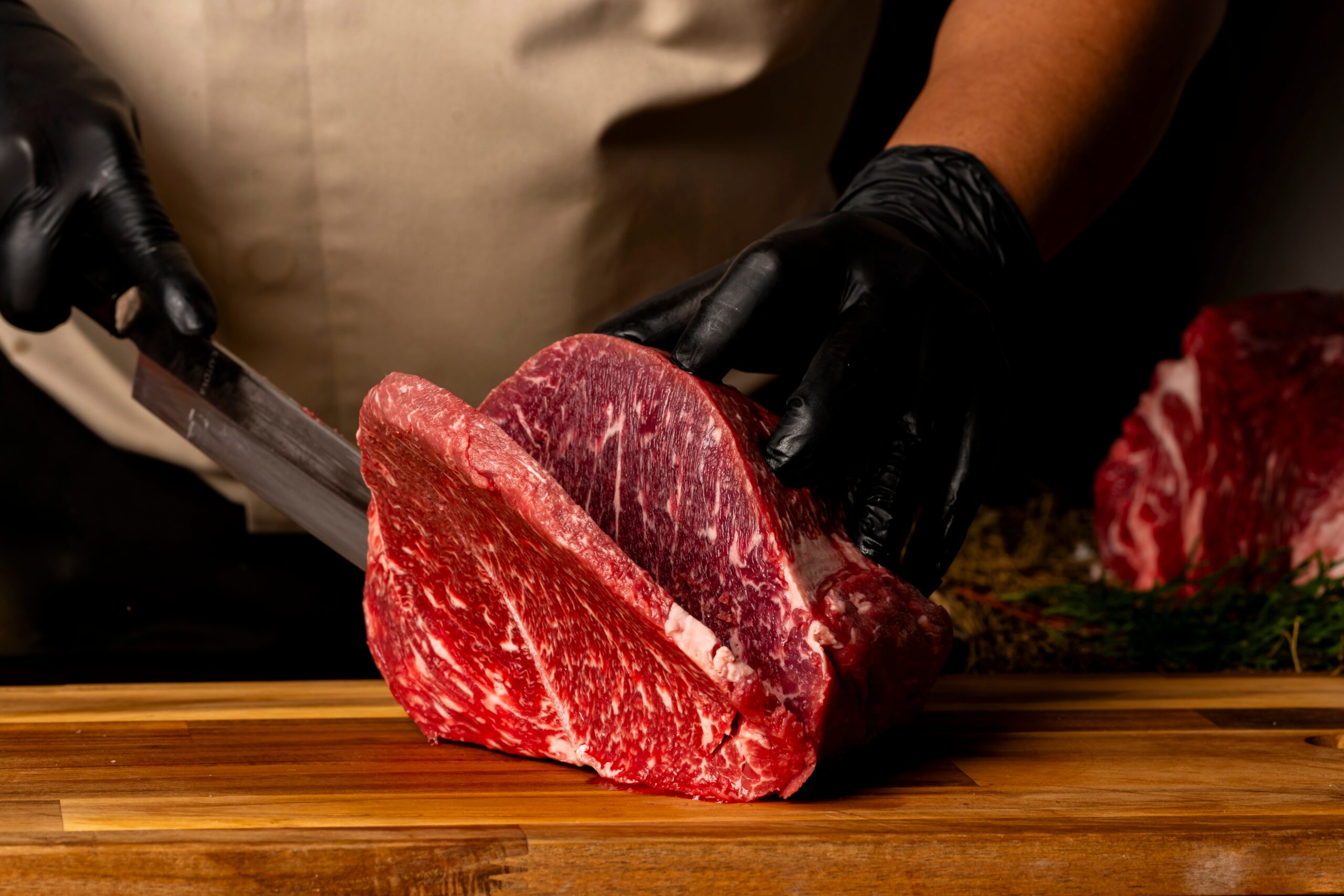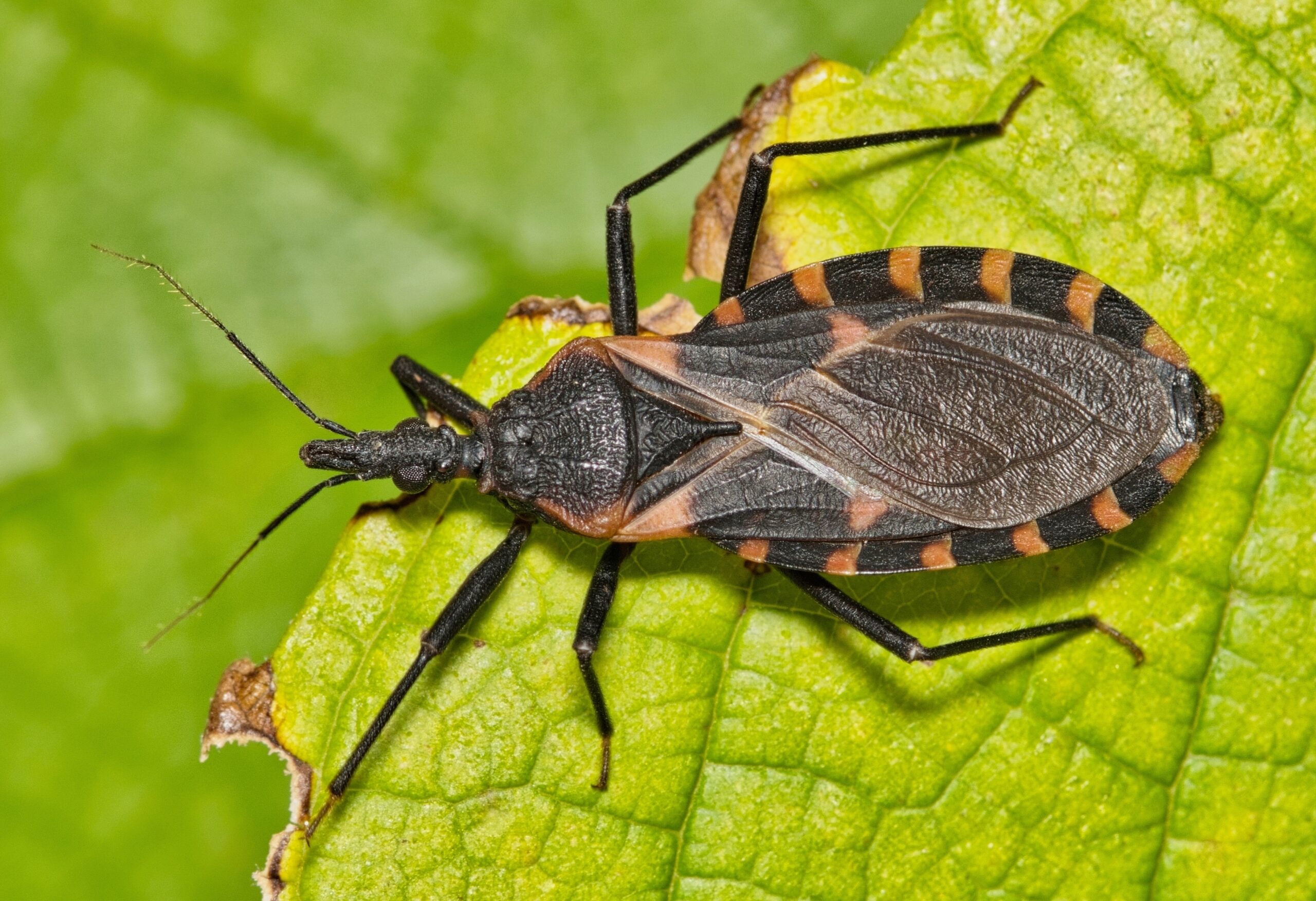A major study has shattered the narrative that plant protein is superior to animal protein, delivering a victory for meat-eating Americans.
Story Highlights
- New research confirms animal protein equals or exceeds plant protein in nutritional value
- Study debunks years of leftist environmental messaging against traditional American diets
- Venison market surges as health-conscious consumers seek premium animal proteins
- Global venison industry projected to reach $1.8 billion by 2025 with 4-6% annual growth
Scientific Evidence Destroys Plant Protein Supremacy Claims
Recent scientific analysis has demolished the foundation of anti-meat activism that has dominated nutritional discourse for years. The research demonstrates that animal proteins provide equivalent or superior nutritional benefits compared to plant-based alternatives, contradicting the woke agenda that has attempted to shame Americans away from traditional protein sources. This vindication comes as relief to millions of patriotic families who refused to abandon time-tested dietary practices for trendy plant-based substitutes promoted by environmental extremists.
Eat the steak! Study shows plant protein is NOT healthier than animal protein – https://t.co/i3WYD5BVDj https://t.co/gyqXUo4Nc3
— David Lee (@LivingLegend488) August 25, 2025
Premium Venison Market Capitalizes on Health-Conscious Movement
The venison industry has emerged as a beneficiary of growing consumer awareness about protein quality and sustainability. Major producers including Silver Fern Farms Limited, First Light Foods, and Alliance Group have positioned venison as a premium alternative that satisfies both nutritional needs and environmental concerns without compromising on American values. The global fresh venison market reached between $1.43-1.81 billion in 2025, with analysts projecting steady 4-6% annual growth through 2033 as consumers increasingly seek lean, high-quality animal proteins.
Industry Innovation Meets Traditional American Values
Venison producers have successfully expanded beyond traditional hunting communities into mainstream retail channels, offering ready-to-eat meals and value-added products that appeal to health-conscious consumers. This growth represents a triumph of free-market innovation over government-pushed dietary mandates. Commercial deer farming has enabled consistent supply and quality control, particularly in regions like New Zealand, Europe, and North America, proving that private enterprise can deliver sustainable solutions without heavy-handed regulatory interference.
Market Fundamentals Signal Continued Growth
The venison sector’s robust performance reflects genuine consumer demand rather than artificial market manipulation through subsidies or mandates. Nutritionists emphasize venison’s exceptional lean profile and micronutrient content, qualities that align with common-sense dietary principles rather than ideologically-driven food politics. Rural communities benefit economically from deer farming operations, creating jobs and revenue streams that support traditional American agricultural values while meeting modern nutritional needs.
Despite supply chain challenges related to seasonality and geographic limitations, industry experts maintain optimistic growth projections. The sector’s trajectory suggests venison will play an increasingly important role in America’s protein landscape, offering consumers a premium option that combines nutritional excellence with sustainable production practices grounded in free-market principles rather than environmental extremism.
Sources:
Market Report Analytics – Fresh Venison Market Analysis
Archive Market Research – Fresh Venison Industry Report
Future Data Stats – Venison Meat Market Trends
Business Research Insights – Global Venison Market Report













